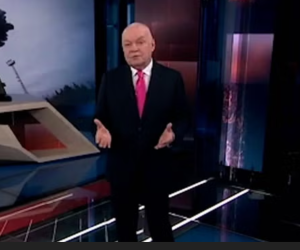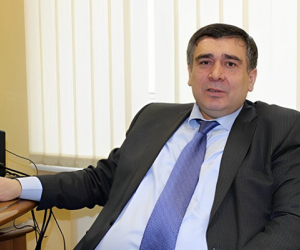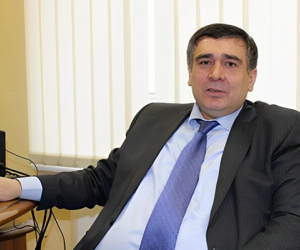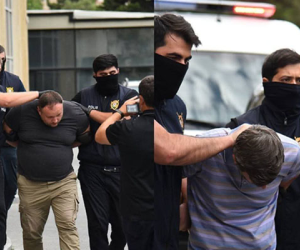В Азербайджане выпал снег -ФОТО

В Азербайджане в очередной раз выпал снег. На этот раз снегом покрылись горные села Шекинского района.
Согласно информации Национального департамента гидрометеорологии Министерства экологии и природных ресурсов, сегодня в районах Азербайджана временами ожидаются осадки, в горных и предгорных районах мокрый снег и снег. Будет дуть восточный ветер, местами усилится.
Температура воздуха ночью составит 1-6, днем 6-10 градусов тепла, в горах ночью 3-8 градусов мороза, днем от 2-х градусов мороза до 3-х градусов тепла.
ANN.Az







Согласно информации Национального департамента гидрометеорологии Министерства экологии и природных ресурсов, сегодня в районах Азербайджана временами ожидаются осадки, в горных и предгорных районах мокрый снег и снег. Будет дуть восточный ветер, местами усилится.
Температура воздуха ночью составит 1-6, днем 6-10 градусов тепла, в горах ночью 3-8 градусов мороза, днем от 2-х градусов мороза до 3-х градусов тепла.
ANN.Az











































 Photo
Photo 



 Video
Video 

